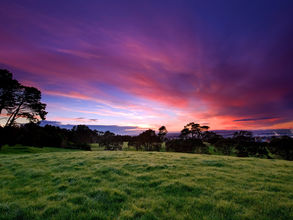This is Scientific American — 60-Second Science. I'm Christopher Intagliata.
What sort of scenery do you find most appealing? Researchers in the U.K. asked volunteers that question, doing an online photo-rating game, and the result was sort of what you'd expect. "Beautiful mountains, abundant greenery, beautiful water features like lakes and oceans." Chanuki Seresinhe, a data scientist at the Warwick Business School.
She says the more surprising finding was that human-built structures—churches and towers and cottages—could enhance the perception of the beauty of a scene. And big expanses of green grass—like athletic fields—didn't actually rate that highly.
What they did next is where the data science comes in: They fed a computer 160,000 photographs rated through the online game. And they taught the machine to break each image into the scenic elements it contained. Snowy mountains, waterfalls, crosswalks and construction sites.
Then they presented the computer with a challenge: they asked it to rate the scenic beauty of other photos it had never seen before. And it actually did pretty well at estimating the average crowd-sourced consensus of beauty. The study is in the journal Royal Society Open Science.

As smart as it is, the scenery-loving computer probably won't be putting tour guides out of business. "Actually I think it can help tour guides. 'Cause what's interesting is that I think it can actually maybe uncover places that we didn't necessarily know about that might have not been that popular."
And Seresinhe says the system might also help city planners more objectively evaluate the scenic beauty of new urban developments. "We can also now look at how to design cities that people find more beautiful, and people might want to actually spend more time in."
Assuming, that is, the computer doesn't become truly intelligent...and, like humans, starts spitting out subjective opinions entirely its own.
Thanks for listening for Scientific American — 60-Second Science Science. I'm Christopher Intagliata.












